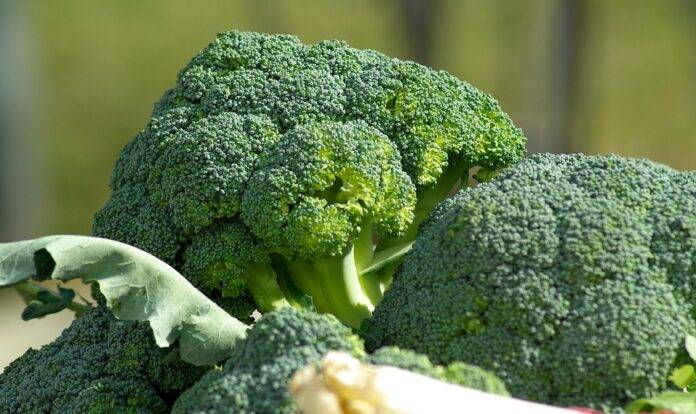Introduction
Climate change is a pressing issue that is affecting agriculture worldwide, including broccoli farming. Broccoli is a popular vegetable grown in many regions around the world. However, changing weather patterns, extreme temperatures, and unpredictable rainfall pose significant challenges to broccoli farmers. In this report, we will discuss the specific challenges faced by broccoli farmers due to climate change and explore potential adaptation strategies to mitigate these challenges.
Climate Change Impacts on Broccoli Farming
Rising Temperatures
One of the major impacts of climate change on broccoli farming is the rise in temperatures. Broccoli is a cool-season crop that thrives in moderate temperatures. However, as temperatures continue to increase, broccoli plants are more susceptible to heat stress, which can reduce yields and quality.
According to a study conducted by the University of California, rising temperatures can lead to premature bolting in broccoli plants. Bolting is when the plant prematurely produces flowers and seeds, which reduces the quality of the broccoli heads.
Erratic Weather Patterns
Climate change has also resulted in erratic weather patterns, including extreme rainfall events and droughts. These unpredictable weather events can damage broccoli crops, leading to losses for farmers.
For example, heavy rainfall can cause waterlogging in the soil, which can lead to root rot and reduced nutrient uptake in broccoli plants. On the other hand, drought conditions can stunt the growth of broccoli plants and reduce yields.
Pest and Disease Pressure
Climate change has also exacerbated pest and disease pressure on broccoli crops. Warmer temperatures can create ideal conditions for pests such as aphids, caterpillars, and thrips to thrive. These pests can damage broccoli plants and reduce yields.
Additionally, changing weather patterns can also impact the spread of diseases such as downy mildew and black rot in broccoli crops. Farmers may need to invest more in pest and disease management strategies to protect their crops.
Adaptation Strategies for Broccoli Farming
Utilizing Climate-Resilient Varieties
One adaptation strategy for broccoli farming is to utilize climate-resilient varieties. Plant breeders are developing broccoli varieties that are more tolerant to heat stress, drought, and pest and disease pressure. These climate-resilient varieties can help farmers maintain yields and quality in the face of changing climate conditions.
For example, researchers at Cornell University have developed a heat-tolerant broccoli variety called “Eastern Magic.” This variety has shown promising results in field trials, with higher yields and better quality under high-temperature conditions.
Improving Irrigation and Water Management
Another adaptation strategy is to improve irrigation and water management practices on broccoli farms. Drip irrigation systems can help farmers efficiently water their crops, reduce water wastage, and prevent waterlogging in the soil. Proper water management can also help mitigate the impacts of drought on broccoli plants.
For example, a study conducted in Australia found that using drip irrigation systems in broccoli fields led to higher water use efficiency and increased yields compared to traditional flood irrigation methods.
Implementing Integrated Pest Management
Integrated pest management (IPM) is a holistic approach to pest and disease management that focuses on prevention, monitoring, and control strategies. By implementing IPM practices, broccoli farmers can reduce reliance on chemical pesticides and minimize the impact of pests and diseases on their crops.
For example, farmers can introduce beneficial insects such as ladybugs and parasitic wasps to control aphid populations in broccoli fields. They can also use crop rotation and trap crops to disrupt pest life cycles and reduce infestations.
Conclusion
In conclusion, climate change poses significant challenges to broccoli farming, including rising temperatures, erratic weather patterns, and increased pest and disease pressure. However, by implementing adaptation strategies such as utilizing climate-resilient varieties, improving irrigation and water management, and implementing integrated pest management practices, broccoli farmers can mitigate these challenges and sustainably grow their crops in a changing climate. It is crucial for farmers, researchers, and policymakers to work together to address the impacts of climate change on agriculture and ensure food security for future generations.


